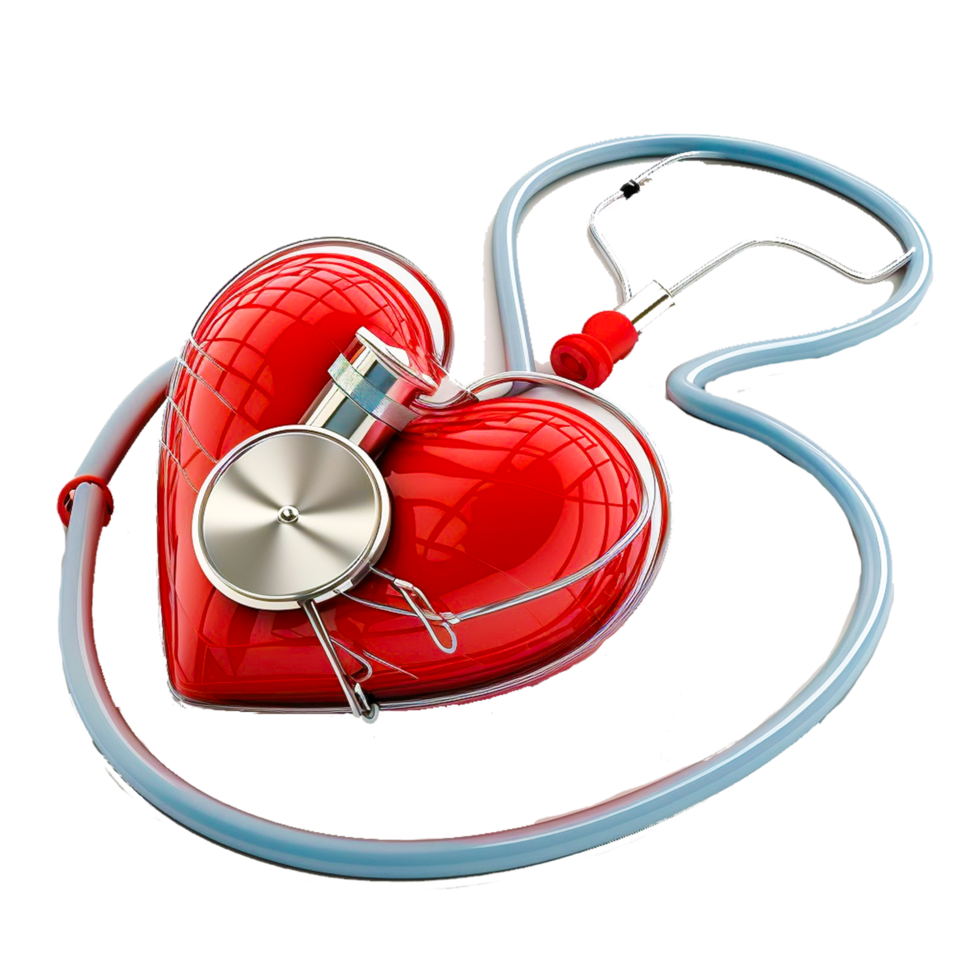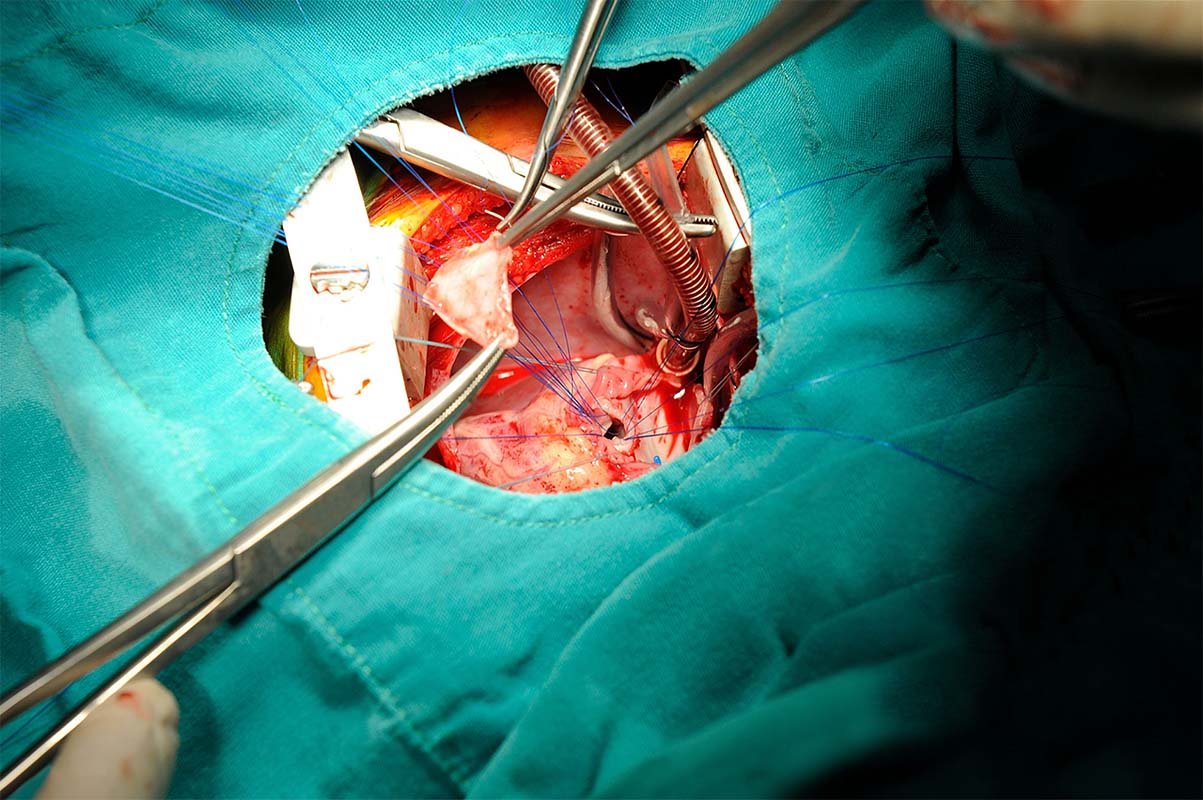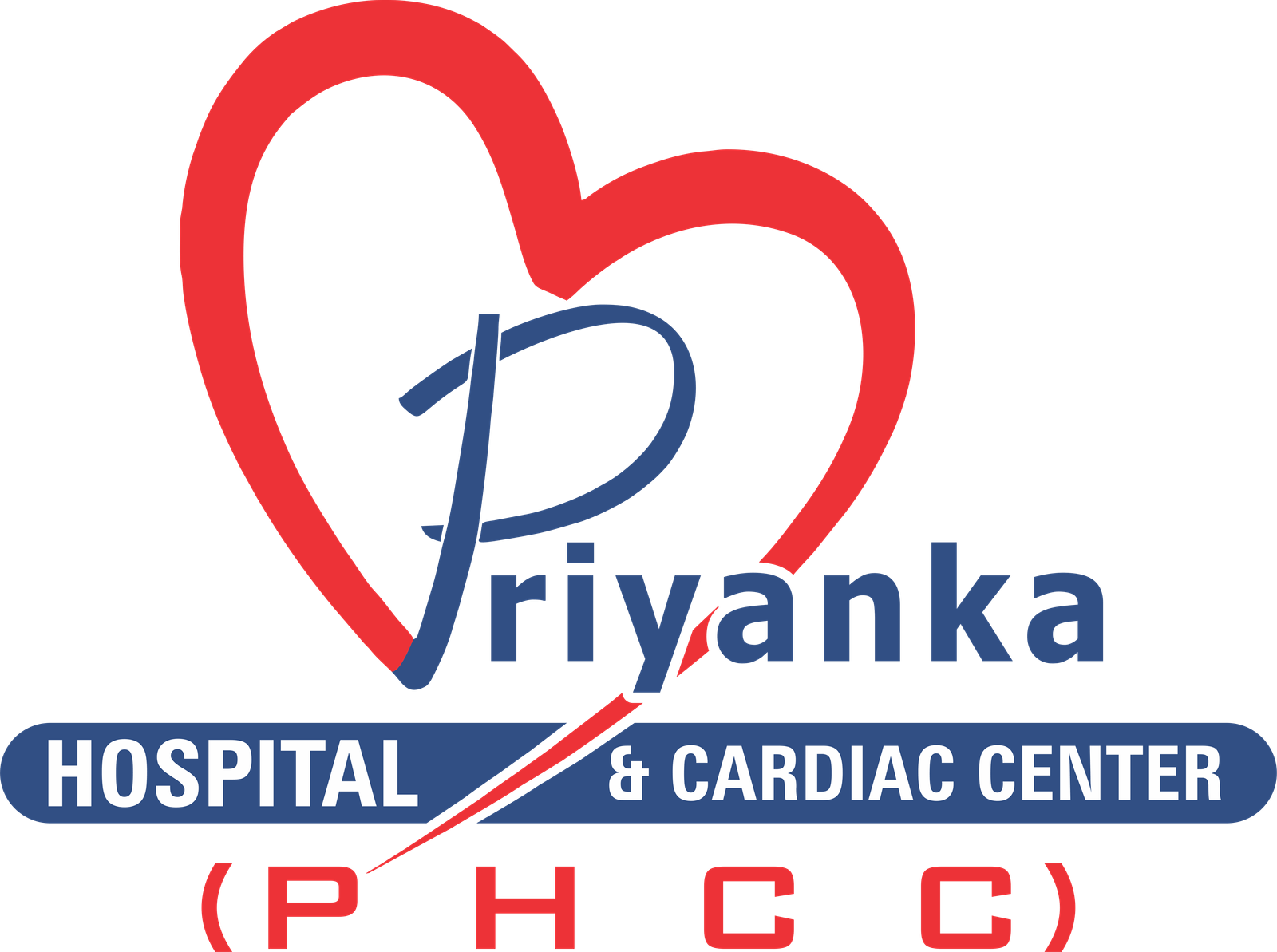Best Heart Hospital in Udaipur
At Priyanka Hospital in Udaipur, our Cardiology department is equipped with the latest technology to deliver comprehensive heart care. Our team of expert cardiologists, who have received international training and certifications, provides advanced diagnostic, non-invasive, and invasive treatments. This expertise and state-of-the-art facilities make us the Best Heart Hospital in Udaipur for all your cardiology needs.
We offer a range of surgical interventions for both adults and children, including coronary artery bypass grafting, heart valve surgery, heart transplants, and advanced minimally invasive procedures. Our cardiology services are enhanced by a modern Catheterization Lab (Cath Lab), well-equipped operation theaters, and specialized Intensive Care Units (ICUs) to ensure exceptional patient care.

Know More About Our Sub-Specialization

Interventional Cardiology

Comprehensive Diagnostic

Paediatric Cardiology

Cardic Surgery

Advanced Treatment

Heart Failure

Preventive Cardiology

Cardiac Rehabilitation
Why Choose Priyanka Hospital
For Cardiac surgery In Udaipur
Priyanka Hospital in Udaipur is a distinguished center for cardiac surgery. Our focus is on delivering top-quality medical care and support to our patients. We are equipped with advanced facilities that enable precise diagnostics and ensure safe and effective treatment.
Our team includes some of the most experienced cardiologists and surgeons, dedicated to providing patient-centered care and striving for optimal outcomes. Priyanka Hospital is renowned for its commitment to quality and its modern approach to cardiac surgery, making it a leading choice for heart care in Udaipur.

Expertise in Cardiovascular
DISEASES
-
Heart Failure
-
Abnormal Heart Rhythms, or Arrhythmias
-
Diseases of the Aorta
-
Coronary Artery Disease
-
Pericardial Disease
-
Heart Attack
-
Pulmonary Embolism (Lung Blockage/clot)
-
Marfan Syndrome
-
Deep Vein Thrombosis (DVT)
-
Peripheral Vascular Disease
-
Cardiac Arrest
-
Heart Muscle Disease
-
Congenital Heart Diseases
-
Heart Valve Disease
-
Rheumatic Heart Disease
Our Expertise
- 2D/ 3D ECHO
- Angiography/ Angioplasty
- Arrhythmia
- BIMA - Bilateral Internal Mammary Artery
- Beating Heart Surgery
- Bentall Procedure
- Cardiac Surgery
- Stenting
- Structural Heart Diseases
- Cardiology
- Cardiovascular Surgery
- DOR Procedure
- Dopplers
- Electrophysiology-Heart Rhythm Disorders
- Heart Valve Surgery - Valve Repair, Valve Replacement
- Holter monitoring
- Implantable Heart Devices - ICD, Pacemaker
- LVAD
- Minimally Invasive Cardiac Surgery
- Open Heart Surgery
- Paediatric Cardiac Surgery
- Paediatric Cardiology
- Stent Less Heart Valve Surgeries
- Tilt Table study
- Valve Sparing Surgery
What are the Signs and Symptoms Heart Disease?
“Heart disease” encompasses a range of conditions affecting the heart. Indications of its onset can manifest early and may include:
- Chest pain
- Fatigue
- Shortness of breath.
- Palpitation
- Swelling in your legs.
- Dizziness, fainting unexpectedly or near-fainting repeatedly.
Depending on the type of heart condition you are dealing with, you may experience various heart disease symptoms.
Symptoms of abnormal heart rhythms
- Chest pain.
- Sweating
- Pounding or racing heart
- Shortness of breath.
- Swelling in your legs.
- Light headedness
Symptoms of heart valve disease
- Chest pain.
- Dizziness
- Tiredness
- Shortness of breath.
Symptoms of heart pumping difficulties
- Swelling in your lower body.
- Shortness of breath.
- Difficulty sleeping.
- A sudden, unexpected loss of consciousness or dizziness.
Symptoms of blockages in your heart’s blood vessels
- Chest pain
- Neck pain/Jaw pain
- Exhaustion
- Dizziness
- Heartburn or indigestion.
- Nausea or vomiting.
- Shortness of breath.
- Pain heaviness, or discomfort in your chest on exertion
Symptoms of congenital heart conditions
- Tiredness.
- Shortness
- Pale gray or blue skin or lips
- Inability to handle exercise.
Cardiology / Heart Care Blogs
No posts found!
FAQs on Heart Disease Treatment
Are there different kinds of heart attacks?
Indeed, there is not just one type of heart attack; these are STEMI, NSTEMI, and unstable angina. Both are not the same as each type has its own nature and can come in varying levels of intensity.
How can I reduce my chances of developing a heart attack?
To reduce the chance of heart attacks, one should involve in regular exercise, take proper diet, minimize stress, and avoid smoking, high blood pressure or high cholesterol.
Can a heart condition develop if I have a family history of heart attacks?
Indeed, it is a fact that if one has a family history of heart disease, he or she is more prone to developing the disease. Visits to a cardiologist are useful to control the condition and avoid complications in time.
Is there a difference between a stroke and a heart attack?
Yes, a stroke occurs when blood flow to the brain is disrupted, while a heart attack happens due to blocked blood flow to the heart muscle. Both require immediate medical attention.
What are the common heart diseases?
These include coronary artery disease, congestive heart failure, arrhythmias or irregular heartbeats and myocardial infarction or heart attack. However, other forms of cardiac problems may include valvular diseases, diseases affecting the heart muscles or valves, or the heart enlargements/hyperophy of cardiovascular walls.
Still Have a Question?
If you cannot find answers to your queries, please fill out the enquiry form or call the number below. We will contact you shortly
